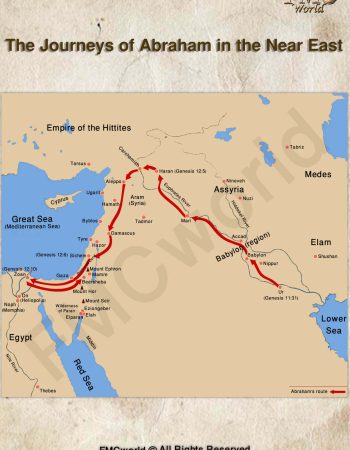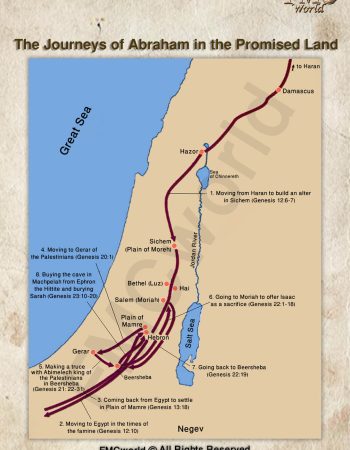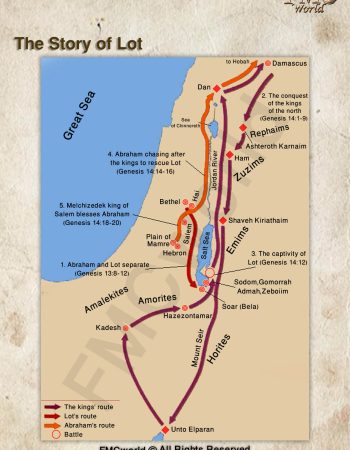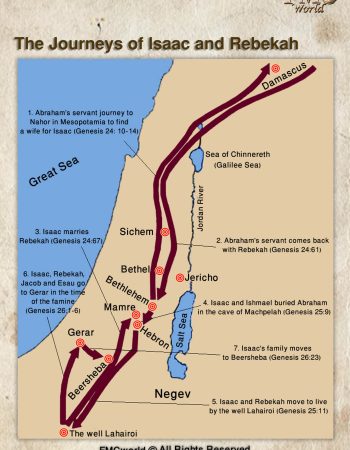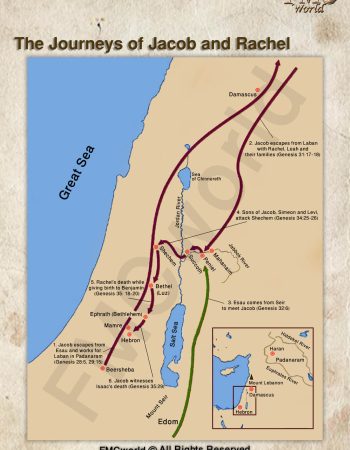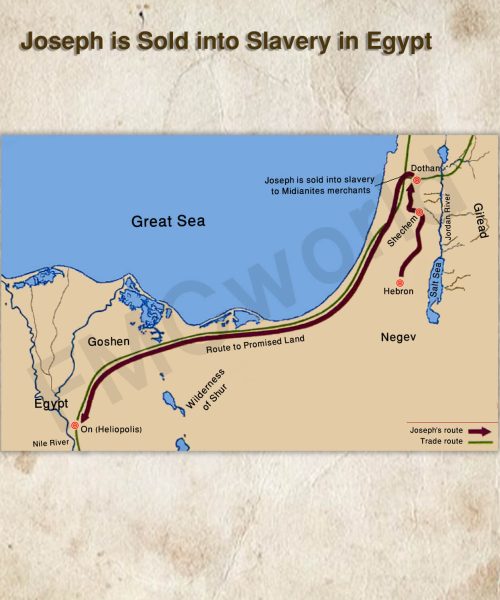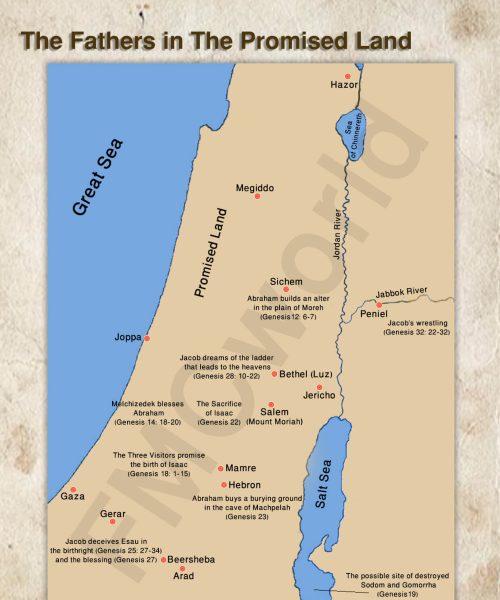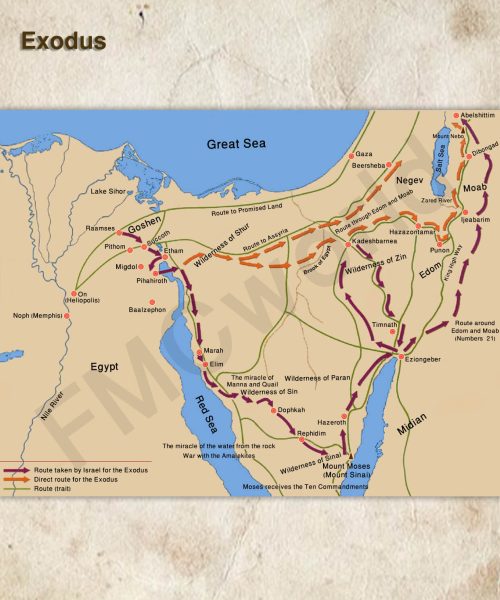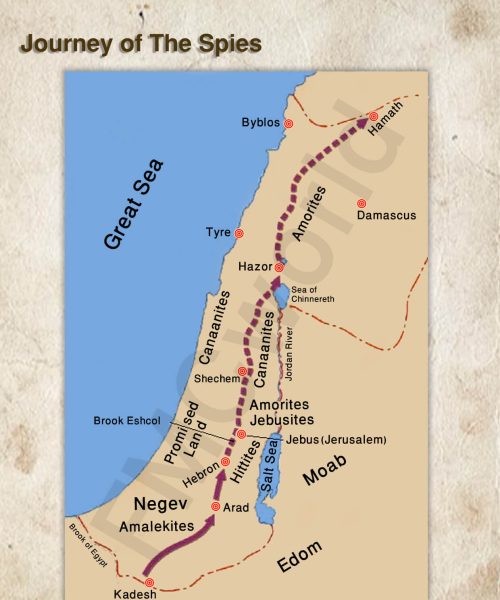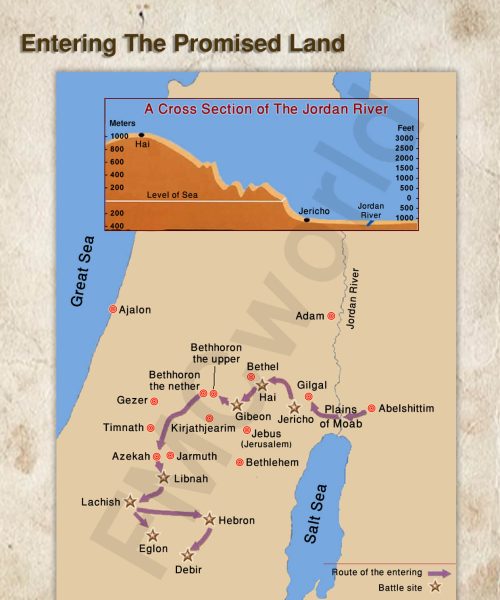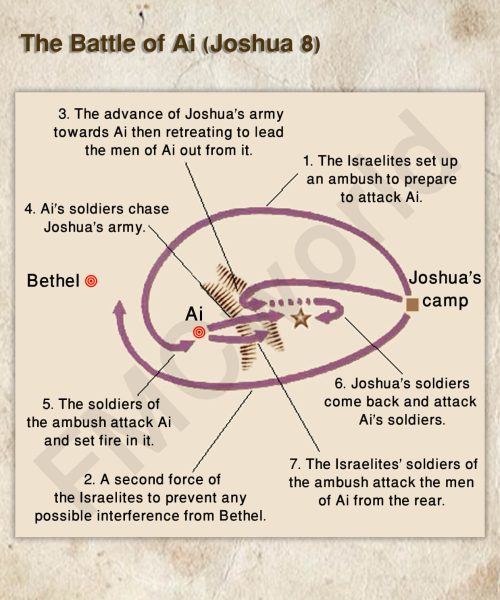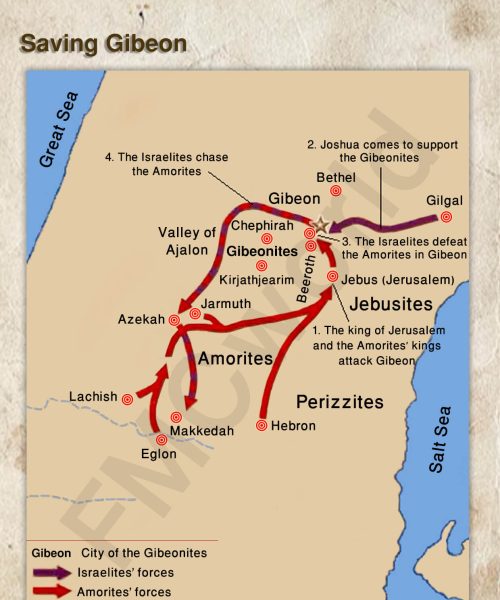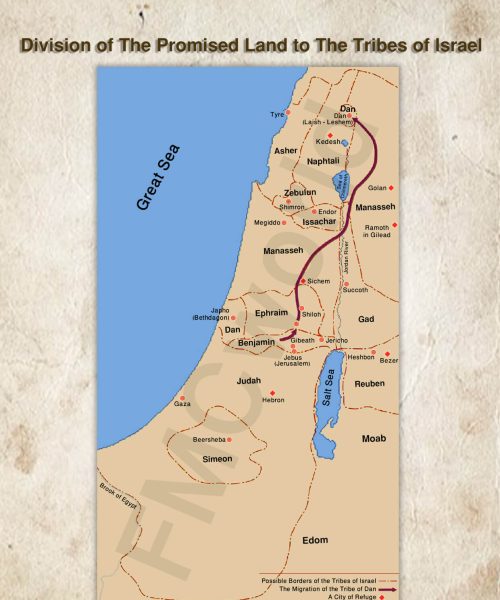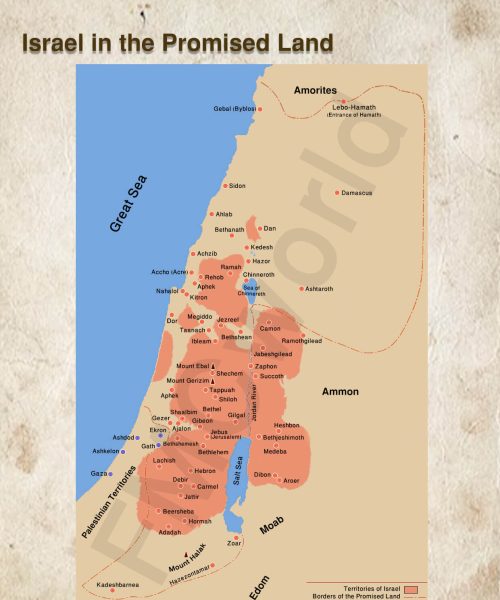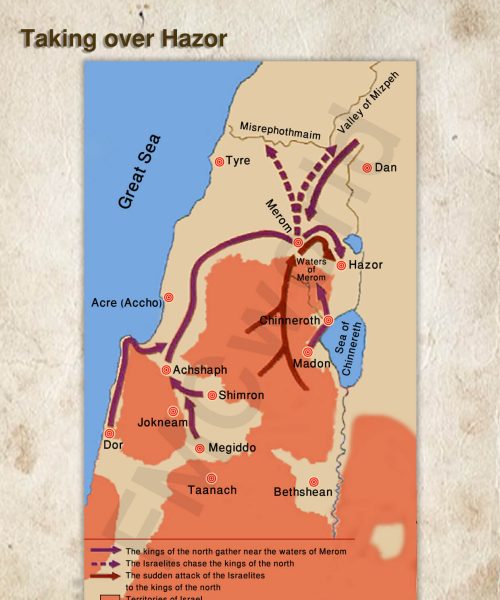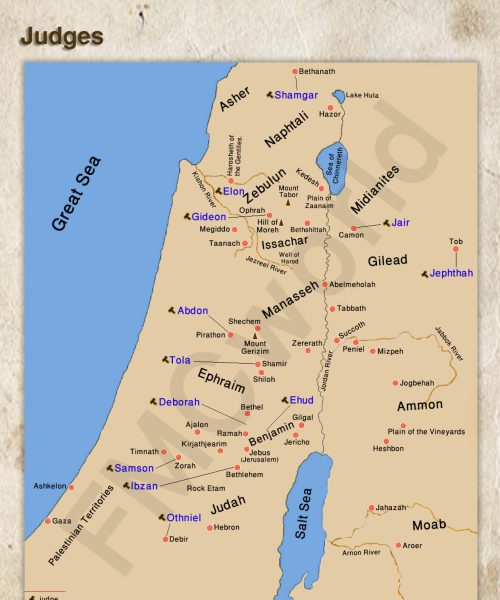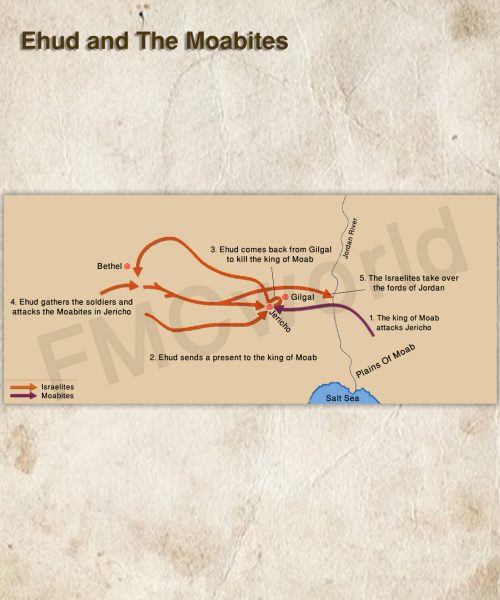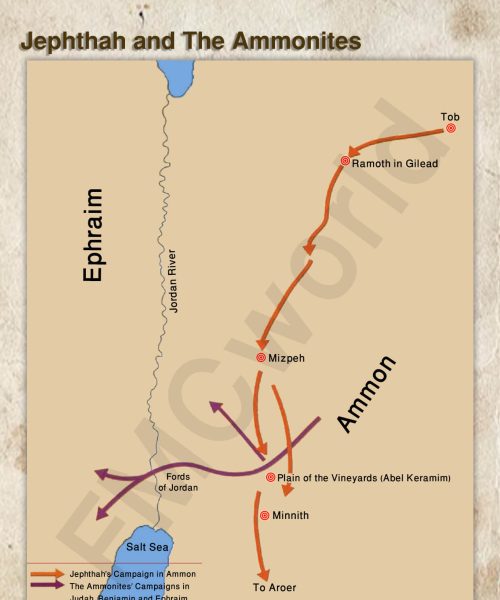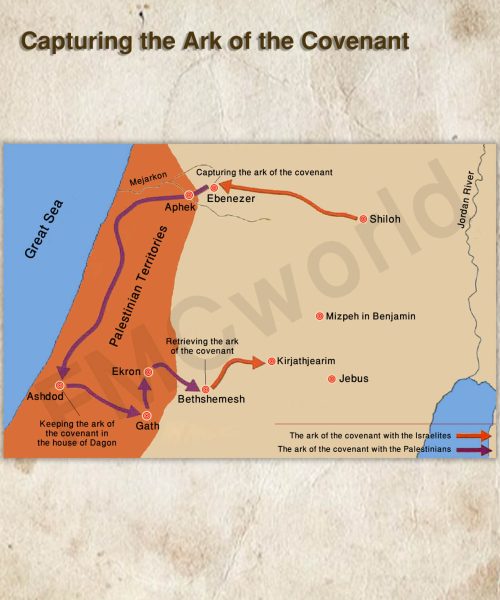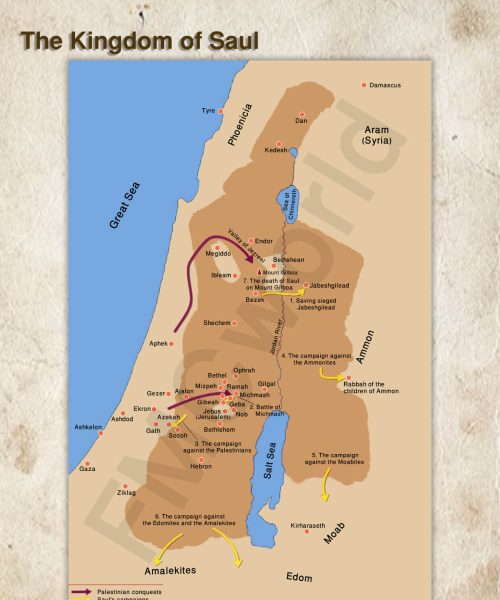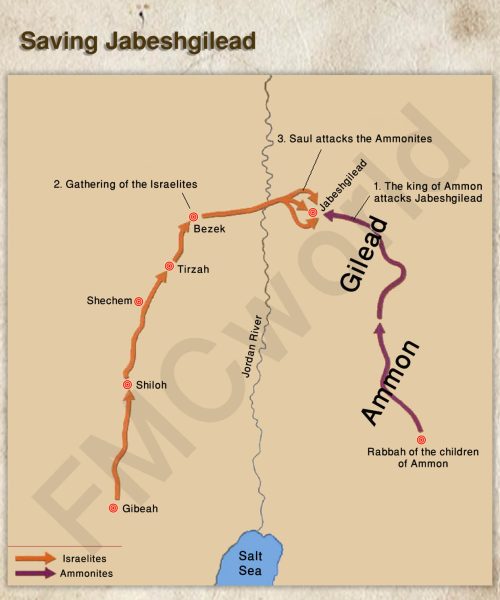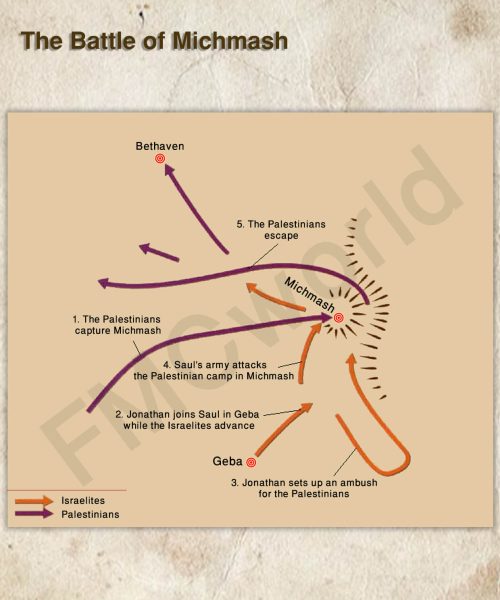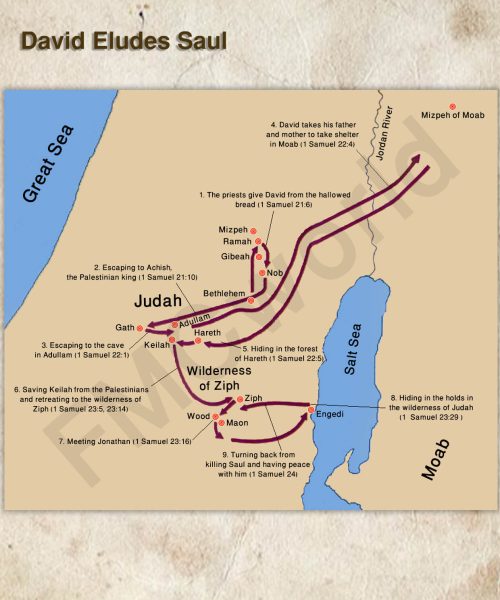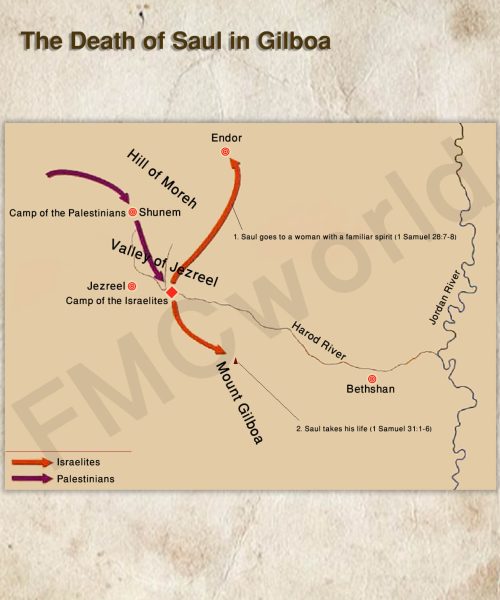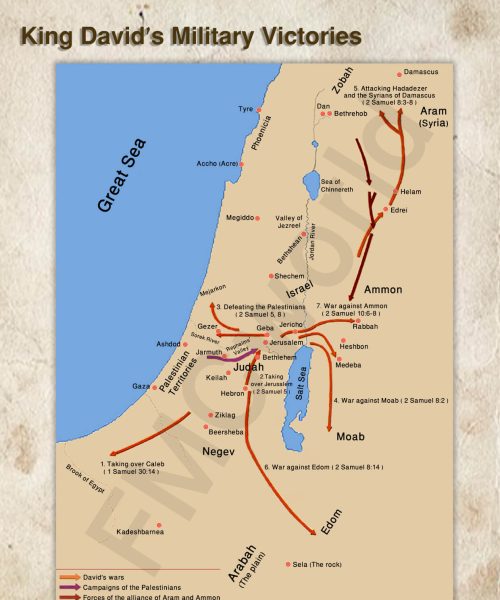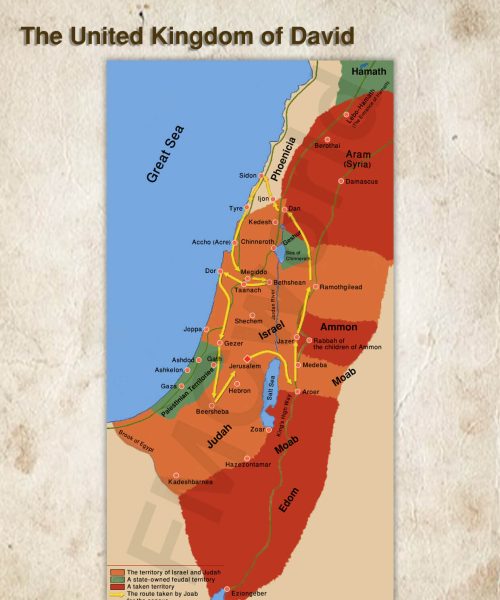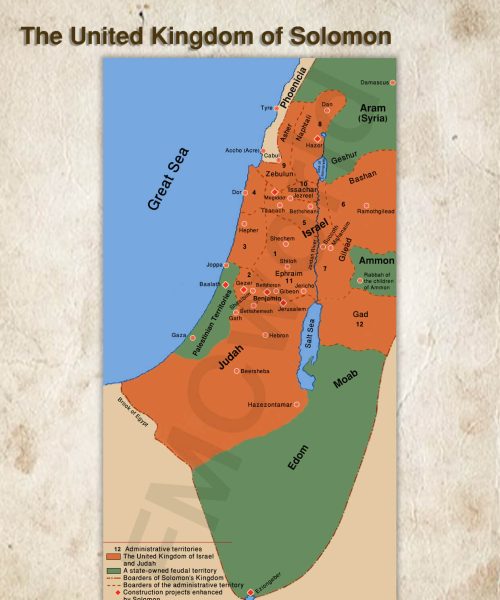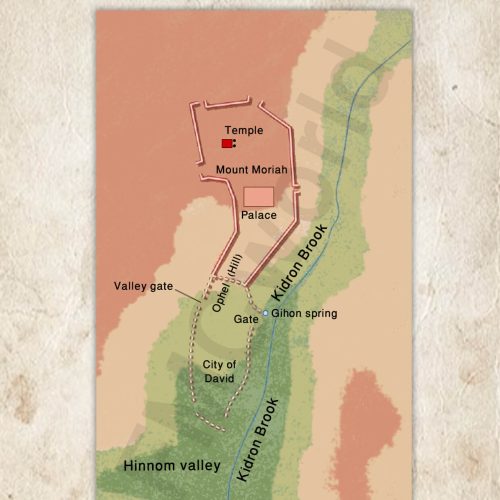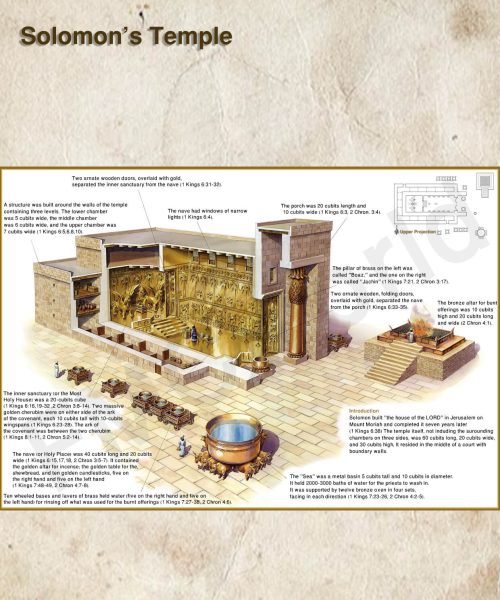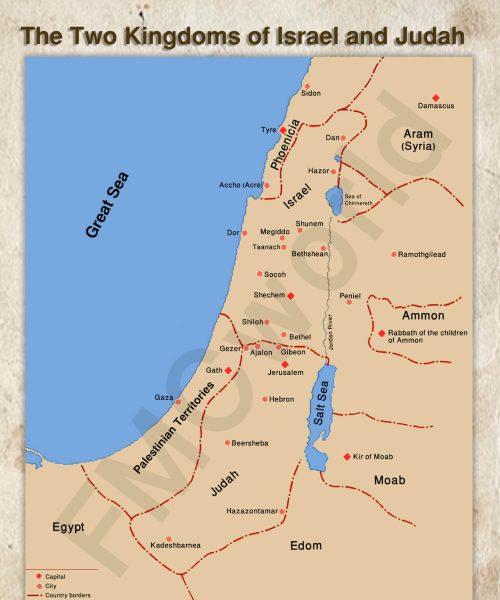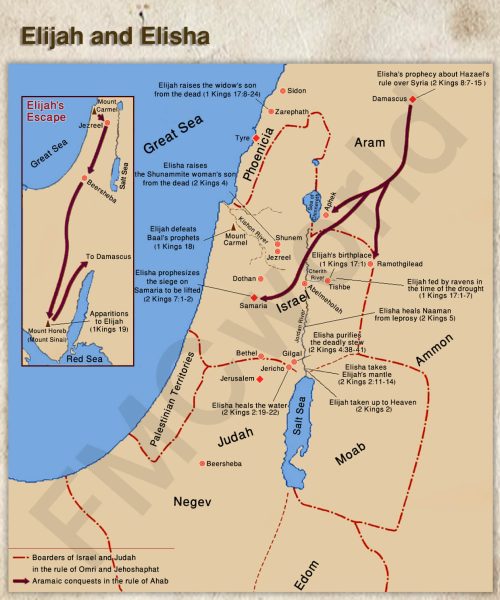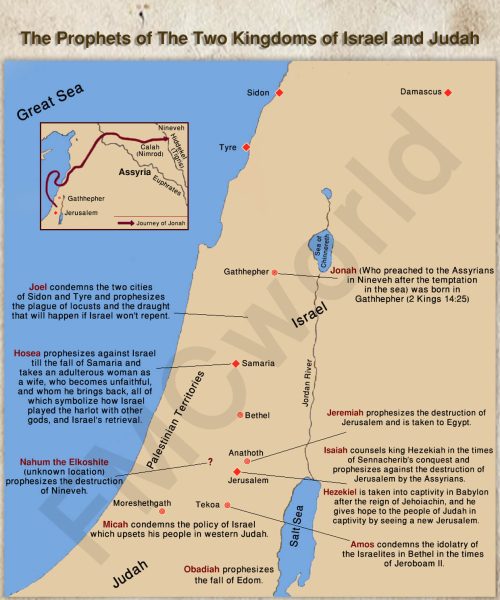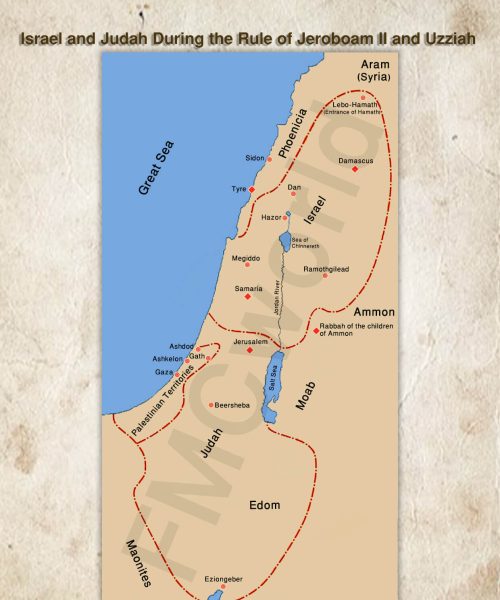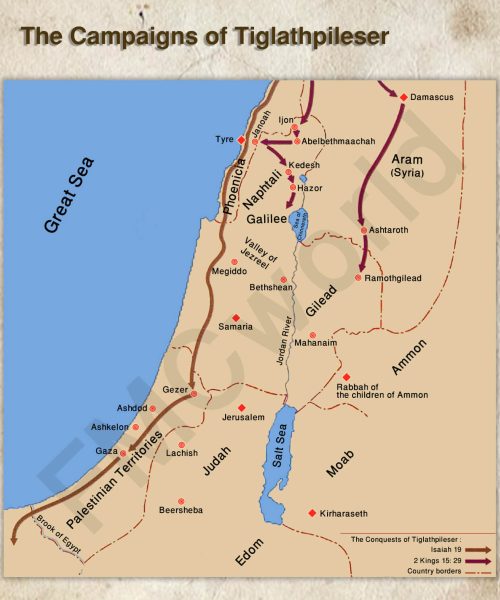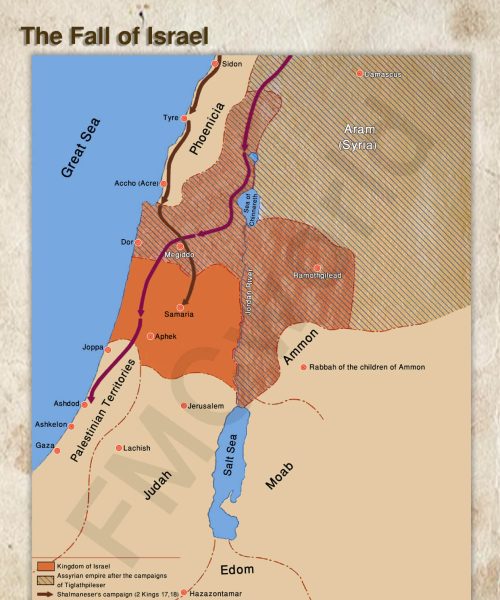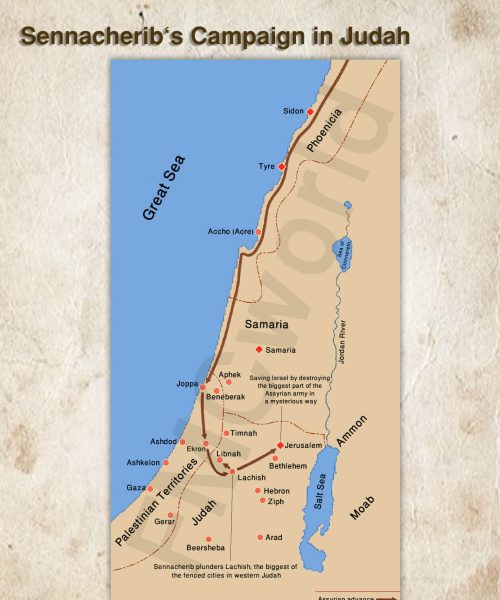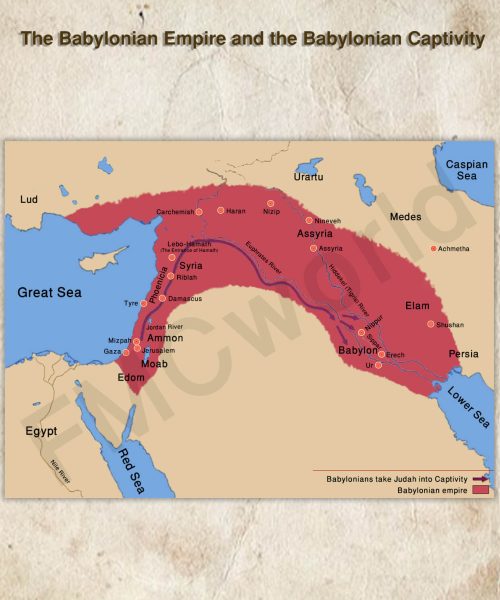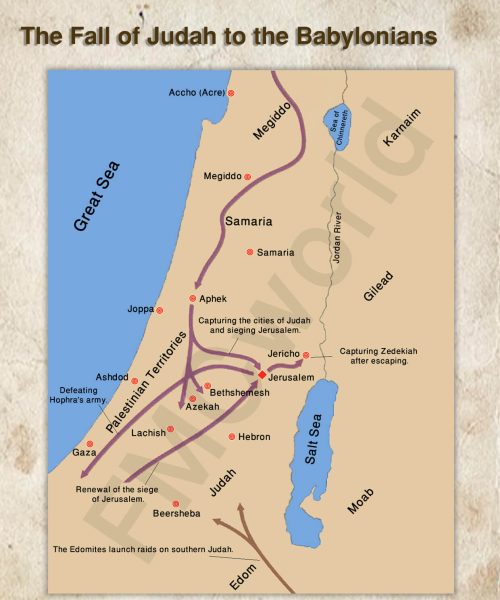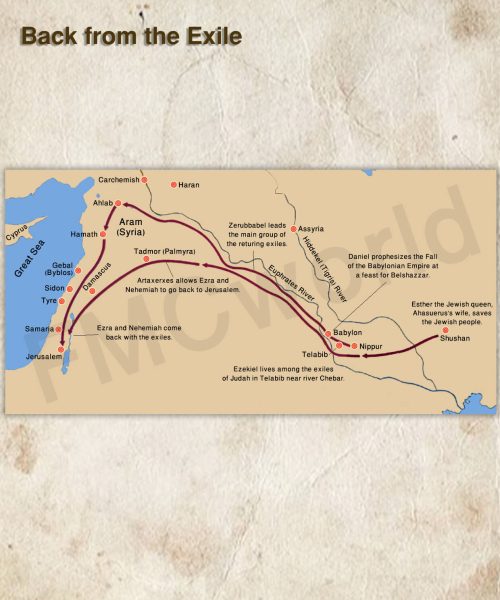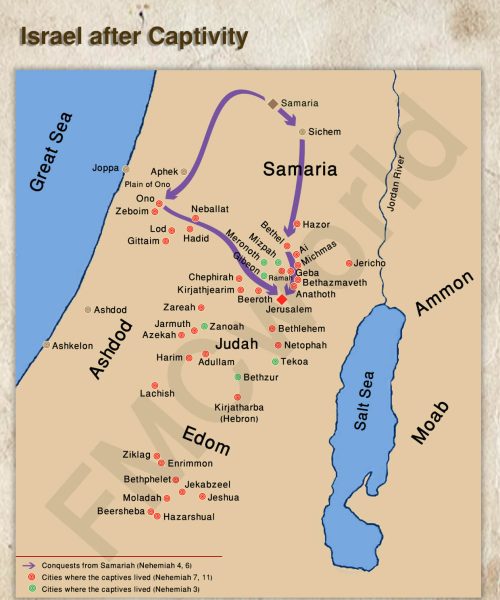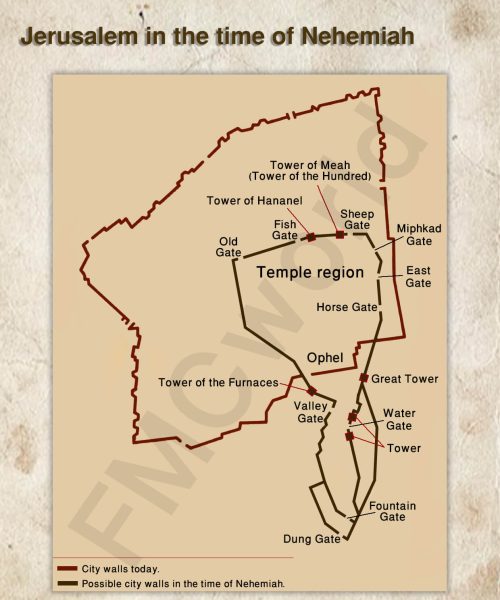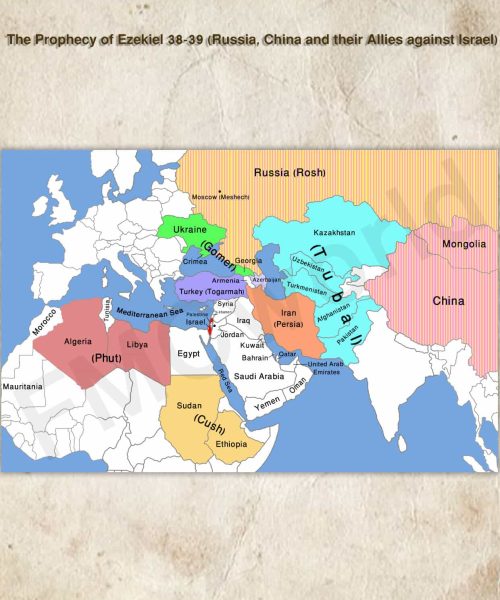by R.E. Slater
I thought these set of timelines and maps might be helpful to those studying the traditional teachings of the bible. Nothing has been changed from the FCM bible site except to add the traditional Major Periods of the Old Testament above which I'm sure they would approve.
Myself, I was raised in 1950s-60s Christian fundamentalism and entered into 1970s evangelicalism before it decided to become conservative (1980s; which then necessarily spawned progressive evangelicalism as they made of God an evil thing which God is not).
About 13-14 years ago, after going through a deep darkness of spirit, it forced me to begin re-thinking everything I had centered my life in, and had lived through, my first fifty years of life. From this divinely appointed wilderness I began to make fundamental changes.
I first needed to deconstruct my current beliefs before reconstructing them. This journey you may read about over the first several years of this website. Anyway, I decided to drop Calvinism and go back to my Baptist roots based in Arminianism. I then updated Arminianism towards and Open and Relational Theology set which I reset together rather than leaving them apart as was currently being done.
All this time I gave preference to Jesus and God's love over that of my learned interpretation of the bible from youth through seminary (sic, a 4 year program resulting in an M.Div. with a Major in NT and minor in pastoral). I next leaned into progressive evangelical Christianity while keeping to Covenant Reformed Theology.
The final thing which the Lord's Spirit burdened my heart with was to look at my faith's philosophical foundations. Which I did. First Westernism. Then European Continentalism till finally stumbling across Whitehead's Philosophy of Organism - later to be known as Process Philosophy.
This I found was flexible enough to mimic nature around me; to incorporate today's sciences and societal-era movements. By it I could release all previous bible creeds, doctrines and dogma from their foundations of Westernized Hellenism (aka Platonism, Scholasticism, Enlightenment, and Modernistic philosophic theologies).
Why? Because I needed to re-center all these (eclectic) synthetic PHILOSOPHICAL structures around Jesus and God's Love. Hence, Open and Relational (Arminian) Theology became Open and Relational Process Theology. The theology I had worked towards required a release from Westernized thinking to a Philosophical Process which could work much better than they could in their past eras and timelines as well as form a better framework for any future eras to come... including postmodernism, metamodernism, and whatever else will come by and by.
Which is also why I write topically many times rather than expositionally. Not that I can't, but my calling of God is to write out of a process context in which to reset the bible and bible-thinking into a more proper processual framework where it has become out-of-focus and misinterpreted centuries ago through past philosophical influences.
By citing these timelines and maps below, I find them helpful for the bible student but will caution that as I have worked through Christian ideas and doctrines over the past years - and hope to continue doing so in the future - I will necessarily be recontextualizing many past and/or popular Christian teachings with processual content, events, ideas, ethics, and science all built around Jesus and God's love.
Meaning, that all of the articles here will be distinctly different than what I once had diligently been taught and learned... and what I suspect will confront many readers here themselves. However, I was forced into this vocation by the Lord. I really didn't have a choice. I had retired to try my hand at poetry (which I did for three years nonstop) to find myself serving on governmental boards and committees, and working in local, regional, or statewide quasi-political environmentalism. I never intended to develop, expand, nor write about process philosophy, cosmology, natural or panpsychic theology.
But we all have to start somewhere so I'll start here creating a website I didn't know how to make or maintain though my technology proficiency helped a lot. Nor did I receive help when asking for it, surrounded by those who refused acknowledging my internal spiritual pain.
So the Lord and I started where I was and went together from there. Along the way I have better channels and contacts than I once did and am glad to have spent my retirement years in these pursuits.... Not unlike AN Whitehead who quit mathematics at age 62 and went on to develop a full-scale, complex, Hegelian-like, philosophy unknown to the world. He finished at age 68, which is where my age sits as well. This makes me laugh a bit when I think of it though I never knew the prestige that Whitehead had, nor want it, frankly. It's easy to write unhindered by people's responses.
Anyway, please enjoy. And as I continue my Garden of Eden series I will ease this series into a series on The Evolution of God, Man and Religion before the bible was written; before Abraham had lived; or before the Jewish faith was even a thing. It will deal with evolutionary human paleontology where I will continue to apply process thought into both the church's language, its bible doctrines and beliefs, as well as into today's quantum sciences et. al.
Peace,
R.E. Slater
February 18, 2024
* * * * * * *
Old Testament / Maps
by JCM
We present to you a detailed description of the geography of the lands of the Holy Bible at the time of its events, where the best international references and manuscripts in both Arabic and English were used.
We carefully pictured the events of the Bible according to the Bible’s chronological order, placed the names of the biblical cities, and wrote titles explaining the content of each map with an assistant index to help our maps to facilitate for Bible enthusiasts studying and searching in the Holy Bible.
These maps are copyright protected for the benefit of FMC world © Copying, photocopying or using them for the interests of buying and selling is liable to legal punishment.
By sharing it through social media, you will become a partner with us in our service to the word of God †
This service was performed by the blessed servants of the LORD:
- General supervision: Maggie Khozam
- Maps studying and researching: Dr. Mattews Andraws
- Maps designing: Lama Abu Deeb
- Coordination and programming: Feras Khozam ( MSM )
DOUBLE CLICKING ON EACH .JPG WILL
ENLARGE TWICE WITH EXCELLENT CLARITY
Genealogy of Adam
The Journeys of Abraham in the Near East
Journeys of Abraham in Promised Land
The Story of Lot
The Journeys of Isaac and Rebekah
The Journeys of Jacob and Rachel
Joseph is sold in Egypt
The Fathers in the Promised Land
Exodus
Journey of The Spies
Entering the Promised Land
The Battle of Ai
Saving Gibeon
Division of Promised Land to Tribes of Israel
Israel in the Promised Land
Taking over Hazor
Judges
Ehud and the Moabites
Jephthah and the Ammonites
Capturing the ark of the covenant
The Kingdom of Saul
Saving Jabeshgilead
The Battle of Michmash
David eludes Saul
The Death of Saul in Gilboa
King's David Military Victories
United Kingdom of David
The United Kingdom of Solomon
Jerusalem in Times of David & Solomon
Solomon's Temple
The Two Kingdoms of Israel and Judah
Elijah and Elisha
Prophets of Two Kingdoms of Israel & Judah
Israel & Judah during rule of Jeroboam II
The Campaigns of Tiglathpileser
The Fall of Israel
Sennacherib's Campaign in Judah
Babylonian Empire & Babylonian Captivity
The Fall of Judah to The Babylonians
Back from the Exile
Israel after Captivity
Jerusalem in the time of Nehemiah
The Prophecy of Ezekiel 38-39


